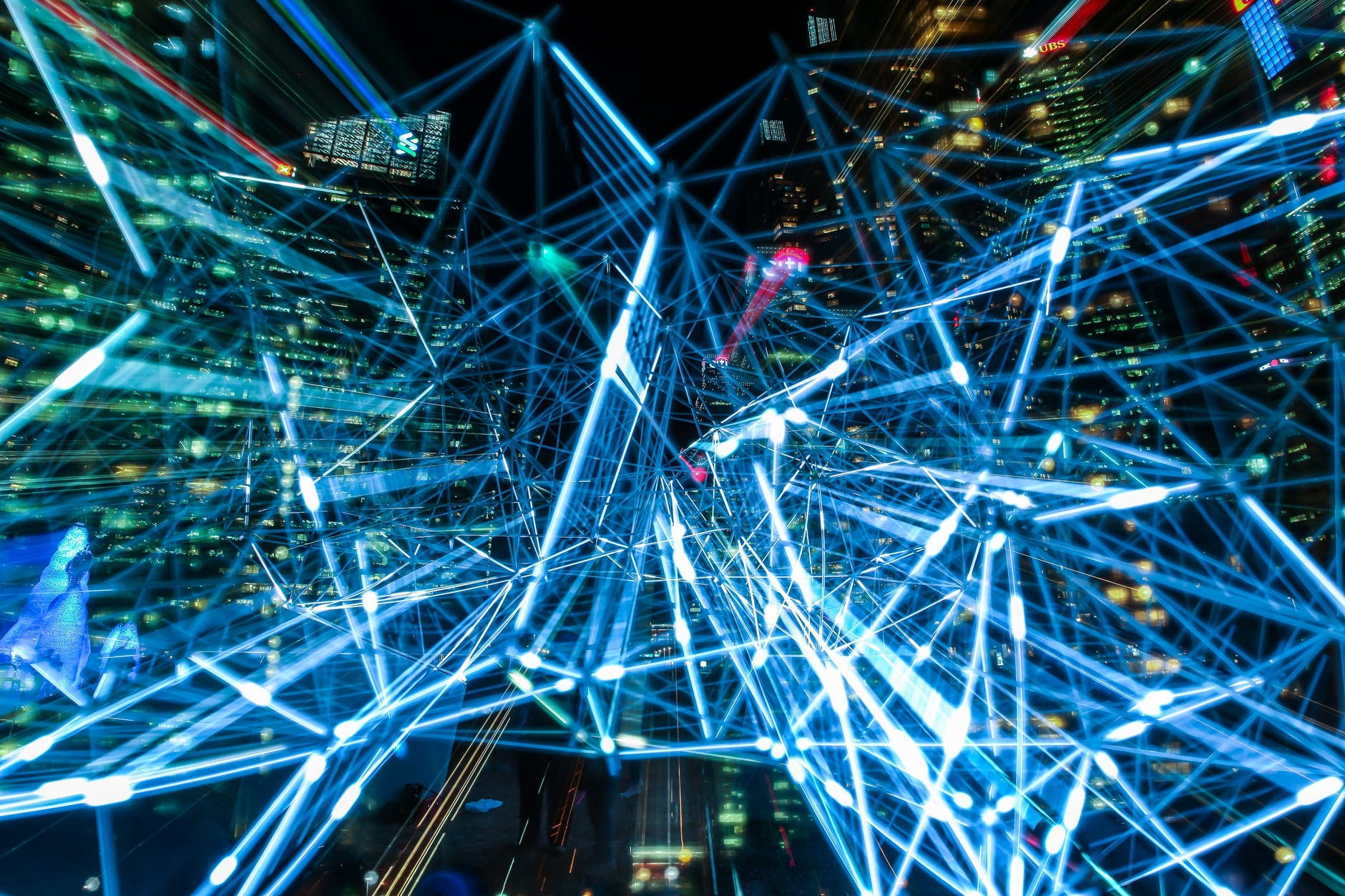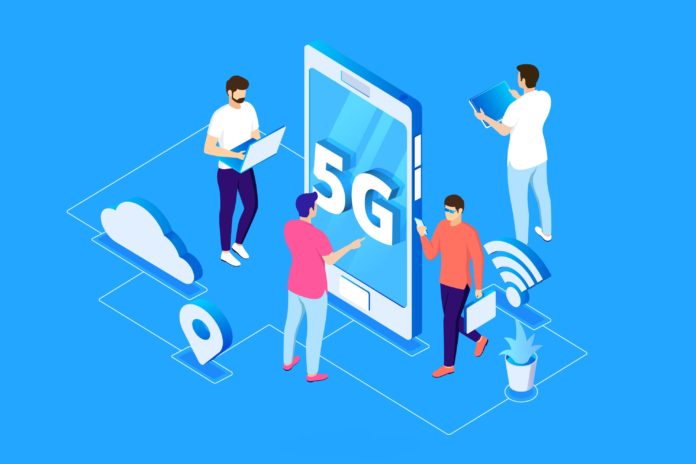The fifth generation of cellphone innovation, 5G, promises an incredible jump in speed for wireless gadgets. This speed incorporates both the rate at which users can download information to their gadgets, and the lag they face at the time of receiving and sending data. The foundation of 5G innovation lies in the usage of higher-frequency bandwidths across the radiofrequency range.
5G claims to revolutionize the way many things are performed today. This technology will greatly impact the field of robotics, pave way for automatically driven cars and can assist in improving many medical procedures. The powerful 5G technology aims to enhance networking and communication exponentially. What that implies is extensive area coverage and more transmission speed to sent heavy data from one point to another.
As more and more people are becoming increasingly interested in 5G technology worldwide, many tech-experts have exhorted that there is no need to be frightened about the impacts of radiofrequency waves emitted by 5G. Be that as it may, a few health specialists insistently oppose this idea.
What is the difference between 4G and 5G?

5G promises ten times more power than its predecessor. The last significant technology overhaul was 4G in the year 2009 with a peak speed of around 10 Mbps. It is said that 5G can deliver top speed somewhere in the range of 10 and 20 Gbps. What’s more, the latency is said to drop from 30ms to just 1ms with this striking cellular technology. All this makes 5G perfect for playing graphic intense computer games and online videos. 5G is also believed to improve the Internet of Things which is foreseeing it to interface sensors, computers, and different gadgets with ultra-low latency.
5G is aimed at delivering data rates that are 10 to 100 times quicker than current 4G systems. Users can hope to see download speeds in the range of gigabits per second (Gb/s), which is a lot more than the 4G’s current speed of megabits per second (Mb/s).
How will 5G work?
We are surrounded by electromagnetic radiation all over ranging from TVs to mobile phones and even sunlight. Similar to previous cellular technologies, 5G systems will depend on signals carried by radio waves (a part of the electromagnetic range) transmitted between a mast/receiving antenna and a mobile device.
Is 5G dangerous for us?
5G, the future of cellphone technology, is approaching fast! And, it is accompanied by the anxiety about various health dangers linked with this new, ground-breaking innovation. How stressed you should be over the coming 5G healthpocalypse? Let’s discuss!
Despite the fact that 5G may improve our everyday life incredibly, many users have voiced their concerns about the potential health risks associated with this technology. A large number of these concerns stem from the usage of higher energy millimeter-wave radiation used in 5G.
- Many people believe that 5G is a perilous heightening of the traditional mobile technology, having higher energy radiation that can pose many health risks to people.
- There are many others who say that the new system creates radiofrequency radiation that can harm DNA and lead to malignant growth causing cancer in humans.
- Also, there have been claims that 5G can cause severe oxidative harm and produce stress proteins that can disturb cell metabolism and cause premature aging.
- Many people also link 5G technology with the risk of electromagnetic radiation. They feel that it can lead to a disease called Electromagnetic sensitivity, in which a person starts experiencing weakness in the presence of devices that emit radiation like mobile phones and in Wi-Fi zones.
Positive Side
5G utilizes higher frequency waves than previous networks, permitting more gadgets to access the web simultaneously, at quicker speeds. These waves travel shorter distances through urban spaces, so 5G systems require more transmitter poles than earlier technologies, situated near to ground. This means that 5G technology needs more base stations. Because there are more transmitters, each can run at lower power levels than previous 4G technology, which implies that the degree of radiation exposure and heat produced from 5G antennas will be quite lower than the previous technologies.
Bottom Line
What we know for now is that 5G is coming real fast and there is not much substantial evidence to get scared from it. Plus, there are numerous technologies and gadgets that we use every day with a considerably higher, quantifiable hazard than 5G. Clearly, if there is any risk with 5G technology then it will be potentially low, not posing any major health risk.




















































